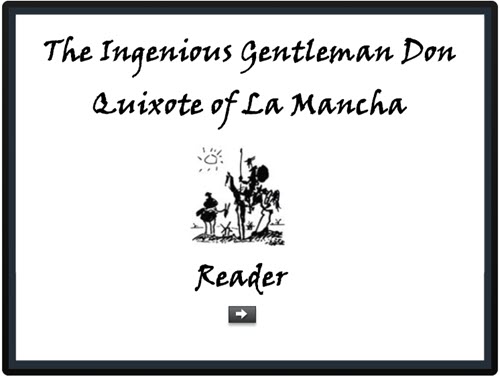

Chasing Identity
What are some of the BIG questions that might surface while pondering the nature of our identity?

Being as a Subject

Persistence is the key to success!

MEMES: Identity


"I've Always Loved A Good Story. I Believed That Stories Helped Us To Ennoble Ourselves, To Fix What Was Broken In Us, And To Help Us Become The People We Dreamed Of Being. Lies That Told A Deeper Truth."
SOURCE: Screenrant
NTP: Identity
Are We Animals? Animalism and Personal IdentityPersonal Identity: How We Exist Over Time
I Cannot Be Cloned: The identity of clones and what it tells us about the self
Why Do Social Identities Matter?
You Are a Network
Reductionism vs. emergence: Are you “nothing but” your atoms?
LIFE IN THE PLURAL: IF THERE WERE TWO OF YOU, WOULD “YOU” EXIST?
VIDS: Identity
"Plato's Concept of the Self" from the PHILO-Notes series"Aristotle's Concept of the Self" from the PHILO-Notes series
"Locke on Personal Identity Part 1" from the Wi-Phi series
"Descartes' Concept of the Self" from the PHILO-Notes series
"John Locke on Personal Identity" from the BBC Series: A History of Ideas
"Rene Descartes - “I think, therefore I am” from the BBC Series: A History of Ideas
"Hume's Concept of the Self" from the PHILO-Notes series
"Jean-Paul Sartre and Existential Choice" from the BBC Series: A History of Ideas
"Personal Identity (The Narrative Self)" from the Wi-Phi series
"Ship of Theseus" from the Wi-Phi series
"Personal Identity" from the Crash Course series
PODS: Identity
Philosophize This: Episode #053 - David Hume pt. 3Philosophize This: Episode #105 - Sartre and Camus pt. 6 - The Self
Philosophy Bites: Christopher Shields on Personal Identity
Philoso?hy Talk: The Self
IEP: Identity
Personal IdentityImmortality
David Hume
Buddha
SEP: Identity
Personal IdentityLocke on Personal Identity
Lit: Identity
Miguel Cervantes

Some potential questions from the first sally that are related to personal identity are:
- I,1 The Don takes a new name early in the novel. In effect, this could be an inverted "Ship of Theseus" exercise, i.e., can we change our identity by changing our name? What is integral to our identity?
- I,4 Are we really the children of our own deeds? Can we interpret this passage as the precursor to the existential credo that existence precedes essence? How influential are societal and external factors in shaping us?
- I,5 Quixote asserted "I know who I am?" Is his sense of identity "good" enough? Do we need the robust sense hinted at through philosophy? Can we ever truly know the self?
Art, Literature, & Identity

Open up the "I Know Who I Am" app and identify the style of art used to depict Quixote that most resonates with you:
- What tools should we use to identify the self? For example, should we seek numerical identity as made visible through reason?
- Why do different "schools" appeal to different people? Before you offer the "beauty is in the eye of the beholder" response, be prepared to answer why beauty (and qualia) are not experienced in the same way by multiple people!
T.S. Eliot
 Some potential questions from the poem that are related to personal identity are:
Some potential questions from the poem that are related to personal identity are:- Is the poet denying the existence of a persistent self? What does it mean to write that there is no one to bury?
- How similar is the depiction of the self to the concept of anatman as found in Buddhistic thought?
- Given the fleetingness of our existence, in what sense can we talk of persistence in our identity?
W.B. Yeats
 Some potential questions from the poem that are related to personal identity are:
Some potential questions from the poem that are related to personal identity are:- Is the poet asserting a Platonic notion of the self?
- Can the quest for something eternal be salvaged in a non-Platonic understanding of the self?
- Why do we care so deeply about living on after we are gone, i.e. touching eternity?

"An Old Friend Once Told Me Something That Gave Me Great Comfort. Something He Had Read. He Said That Mozart, Beethoven, And Chopin Never Died. They Simply Became Music."
SOURCE: Screenrant